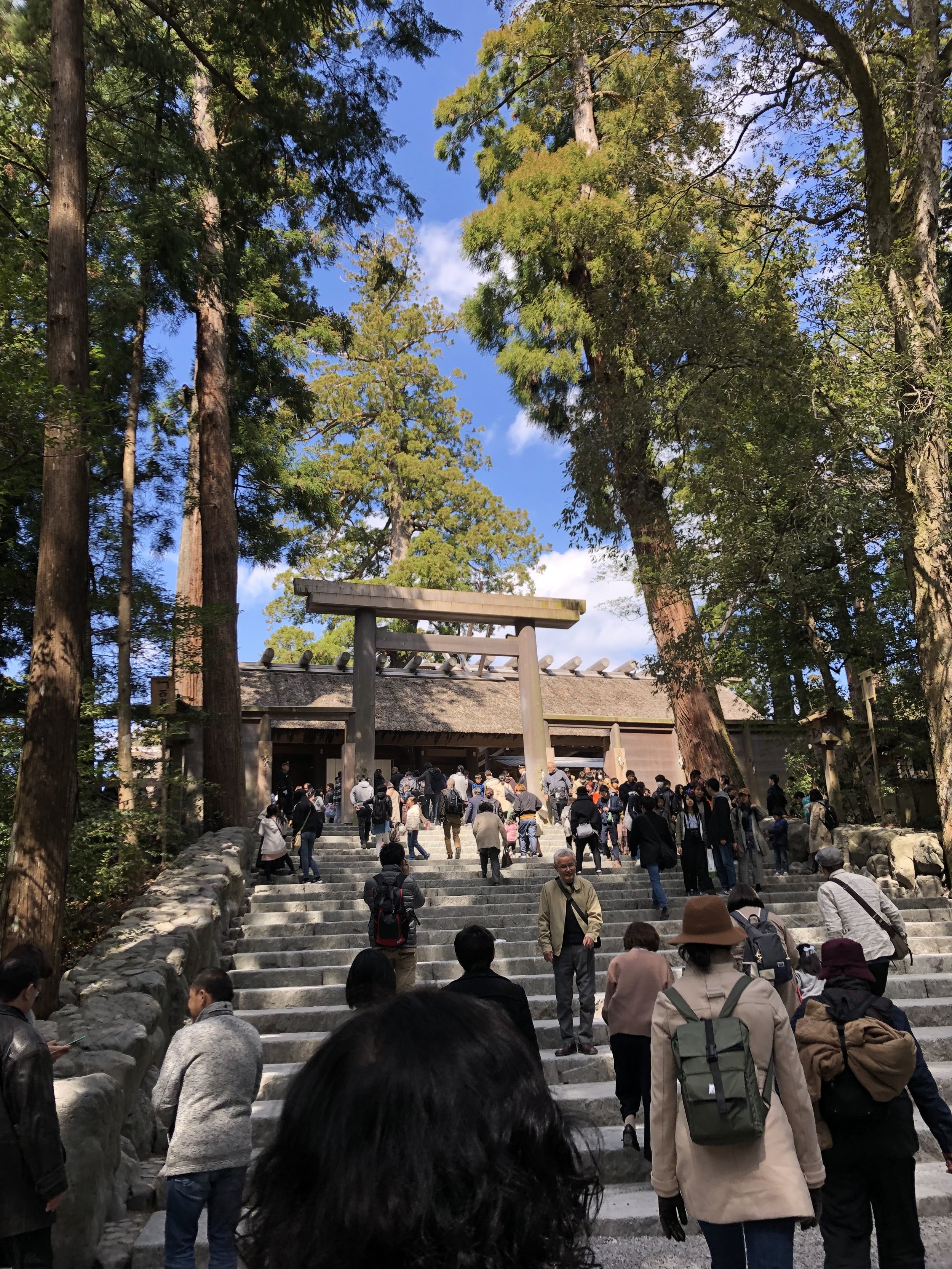Photo credit: Eric Sucar for the University of Pennsylvania
Pronunciation: Jolyon is a Middle English form of the more common name “Julian.” To pronounce it as I do, just say “Julian” but change the first vowel to an “o.”
Pronouns: he/him/his
Jolyon Thomas is Associate Professor of Religious Studies at the University of Pennsylvania. Trained primarily as a scholar of Japanese religions, his expansive research agenda covers religion in Japan, the United States, and their respective empires from the nineteenth century to the present, examining religion in conjunction with illustrated media, religious freedom law, public education, and taxes.
Thomas is the author of Drawing on Tradition: Manga, Anime, and Religion in Contemporary Japan (University of Hawai‘i Press, 2012) and Faking Liberties: Religious Freedom in American-Occupied Japan (University of Chicago Press, 2019). With Matthew D. McMullen, he co-edited the New Nanzan Guide to Japanese Religions (University of Hawai‘i Press, 2025). His latest book, Animating Action: Changing the World with Anime, Rituals, and Robots, coauthored with Yulia Frumer and Aike P. Rots, is forthcoming from University of Hawai‘i Press.
Thomas’s primary question is both broad and specific: “Who calls what religion, and with which political effects?” To answer this question, his publications cover discrete religious traditions such as Shintō and Buddhism, but they also historicize analytical categories such as “new religious movements” and “animism.” While dedicated to rigorous engagement with primary sources in both Japanese and English, his approach generally eschews the “methodological nationalism” of conventional area studies. Instead, he focuses on practices of religion-making in transnational contexts such as military occupations and investigates isomorphic features of political secularisms across national boundaries.
Thomas’s global, non-denominational perspective is reflected in the journals for which he serves as an editorial board member: American Religion, the Japanese Journal of Religious Studies, the Journal of Global Buddhism, and Nova Religio. His research has been supported by the Social Science Research Council, the Japan Foundation Center for Global Partnership, the Whiting Foundation, Fulbright-IIE, and the Crown Prince Akihito Foundation; his publications have won awards from the Association for the Academic Study of New Religions and the American Academy of Religion.




















